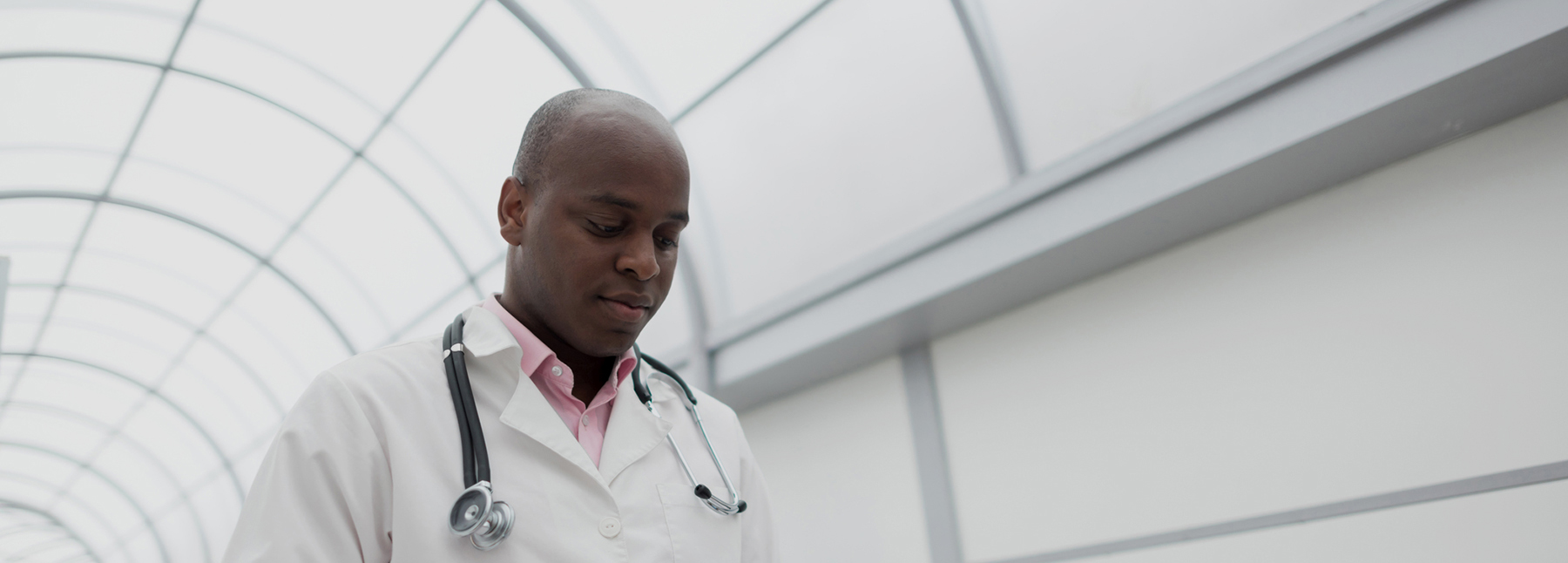As the global population grows so does the risk of illness. Diseases such as cancer, the second leading cause of death globally with 8.8 million deaths attributed to it in 2015, are predicted to increase by up to 70% in the next two decades.
Crucial to positive outcomes from cancer and other serious illness are screening and early diagnosis. Depending on economic and geographic location, this isn’t always possible using traditional healthcare models. However Artificial Intelligence in medical diagnosis allows healthcare to be provided remotely, accurately and, in time, at lower cost.


